Faced with the gaps and consequences that cross-ownership and bank manipulation cause to the financial system. The Law on Credit Institutions 2024 (Law on Credit Institutions 2024) with its outstanding new points and after more than 01 year of implementation has helped to gradually tighten control over cross-ownership and the relationship between credit institutions and related parties.
Tighten both direct and indirect ownership
Cross-ownership and bank manipulation were once considered a chronic disease. Accordingly, the financial market has recently witnessed cases where banks - enterprises - large shareholder groups have used cross-ownership to create closed interest groups, causing a series of consequences such as credit manipulation, chain bad debts, and even system bankruptcy.
The Law on Credit Institutions 2024 is considered an important step forward to strengthen control over the banking system, especially in the case of bank manipulation and cross-ownership. The Law on Credit Institutions 2024 was issued in a timely manner with regulations tightening the limit on the percentage of shares owned by individuals and organizations in banks, requiring transparency of the ultimate owners, and at the same time giving more power to the State Bank in monitoring, inspecting, and even forcing divestment if violations are detected.

Dr. Can Van Luc - Banking and finance expert commented: "The new regulations on cross-ownership control of the Law on Credit Institutions 2024 are a very positive step forward. Expanding the concept of related persons and requiring disclosure of ownership cash flows will significantly help limit the phenomenon of circumvention of the law and indirect ownership through intermediary legal entities."
Specifically, the limit on share ownership ratio is more stringent, accordingly, the Law on Credit Institutions 2024 has sharply reduced the maximum ownership ratio of individuals and organizations at a credit institution. In particular, individuals are only allowed to own a maximum of 5% of the charter capital of a credit institution, but the tightening of indirect ownership through related persons has been strengthened. Organizations are only allowed to own a maximum of 10% of the charter capital, if previously it was 15%.
In particular, the new law prohibits cross-ownership between commercial banks and limits the mutual ownership of shares between banks and enterprises within the same financial group. For example, in the case of VietABank, Viet Phuong Group and Mr. Phuong Huu Viet directly and indirectly hold over 17% of VietABank shares through intermediary legal entities - a ratio exceeding the ceiling allowed by the new law.
After the Law on Credit Institutions 2024 took effect from July 1, 2024, Viet Phuong Group and related parties had to divest 17 million shares at VietABank to comply with regulations in the recent past. In addition, according to the conclusion of the State Bank Inspection and Supervision Agency, by the end of 2023, there were at least 7 cases of violations of the share ownership limit at banks.
The Law on Credit Institutions 2024 also expands the concept of related persons and indirect ownership control. It is not only limited to spouses, parents, and children, but also includes businesses in which individuals/relatives own 5% or more. Investment funds, financial institutions in which individuals/relatives have control. Legal entities with special credit transactions with credit institutions. This helps to close the loophole of disguised cross-ownership - that is, the use of independent legal entities but in reality are controlled by the same group of shareholders.
Transparency with strong sanctions
The Law on Credit Institutions 2024 adds strong sanctions to handle acts of manipulation and ownership beyond limits through individuals, intermediary organizations or backyards. This is an important legal basis to improve the system, gradually remove the entangled relationships of group interests, and ensure fairness and safety for the Vietnamese financial and banking market in the context of increasingly deep international integration.
According to the new 2024 Law on Credit Institutions, major shareholders must: Publicly disclose their identities, direct and indirect ownership, and commit that the source of funds to purchase shares is legal. In particular, they must be closely monitored by the State Bank in all transactions with credit institutions, and the State Bank will apply special monitoring measures to banks with complex ownership structures and signs of manipulation by shareholder groups.
At the same time, strictly control lending to shareholders and related parties, including implementing regulations on lending limits for major shareholders and related parties. The total outstanding credit balance for major shareholders and related parties must not exceed 5% of the credit institution's equity. Must be publicly approved by the Board of Directors or Board of Members.
The Law on Credit Institutions 2024 with new regulations on cross-ownership control and related parties has been in effect for exactly one year and has initially created important movements in the Vietnamese banking system. Forcing large shareholder groups to divest, clarifying their identities, sources of funds, and limiting indirect ownership are necessary steps to strengthen the safety of the system.
However, controlling cross-ownership is a long-term battle, requiring determination from management agencies, strict compliance from credit institutions and support from a synchronous legal system. As the Governor of the State Bank - Nguyen Thi Hong informed, controlling cross-ownership is very difficult, especially when shareholders and related persons deliberately conceal or use their names to stand in for shares to circumvent legal regulations. This leads to the potential risk of credit institutions' operations lacking transparency and openness. This can only be detected and identified through investigation and verification by the investigation agency./.
Source: https://baolamdong.vn/luat-tctd-2024-ky-2-siet-chat-so-huu-cheo-voi-che-tai-chat-che-cu-the-va-xu-ly-tan-goc-380967.html





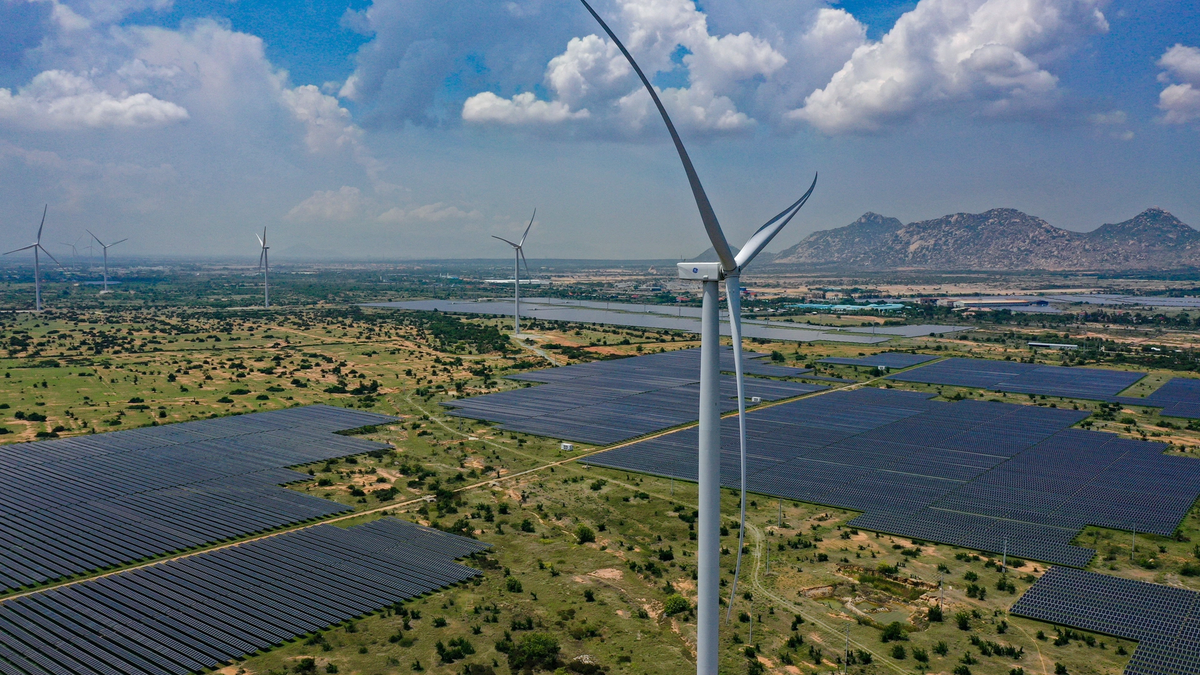

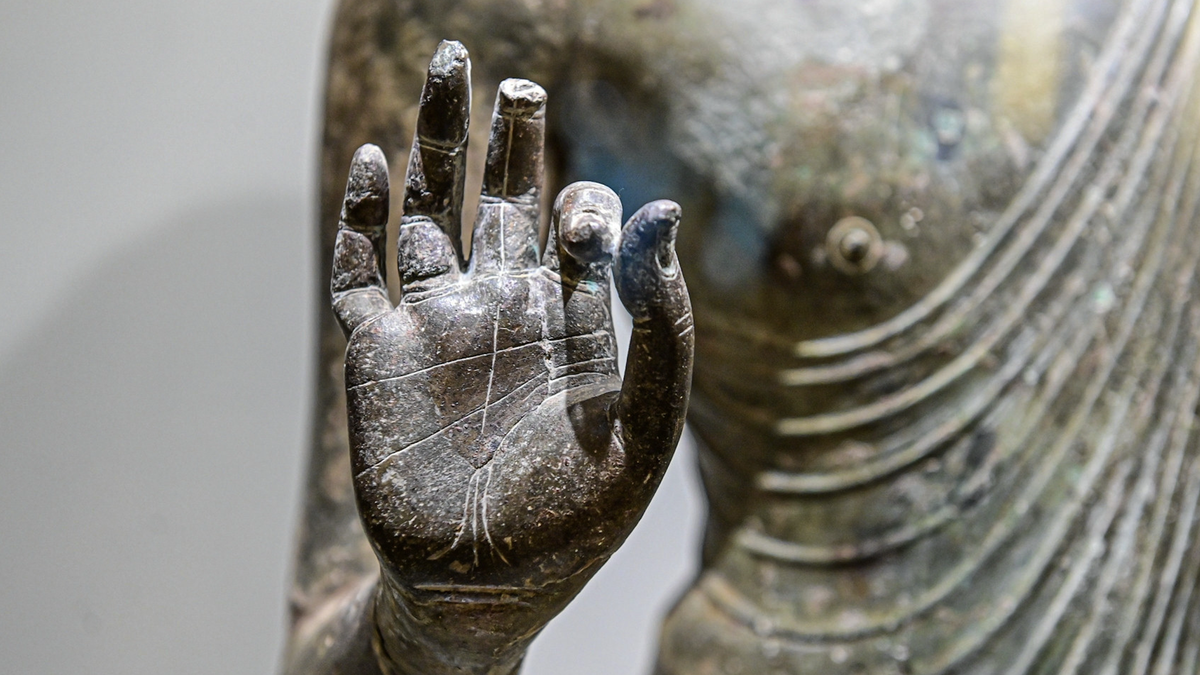
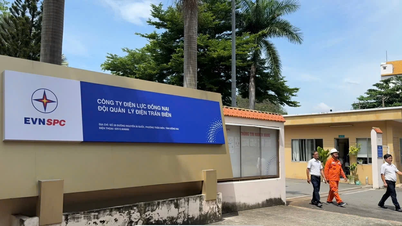














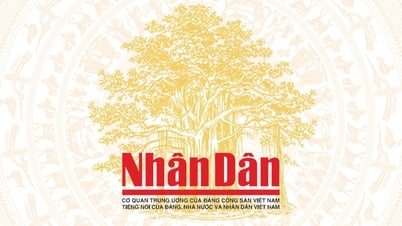



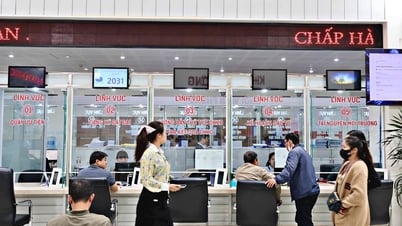

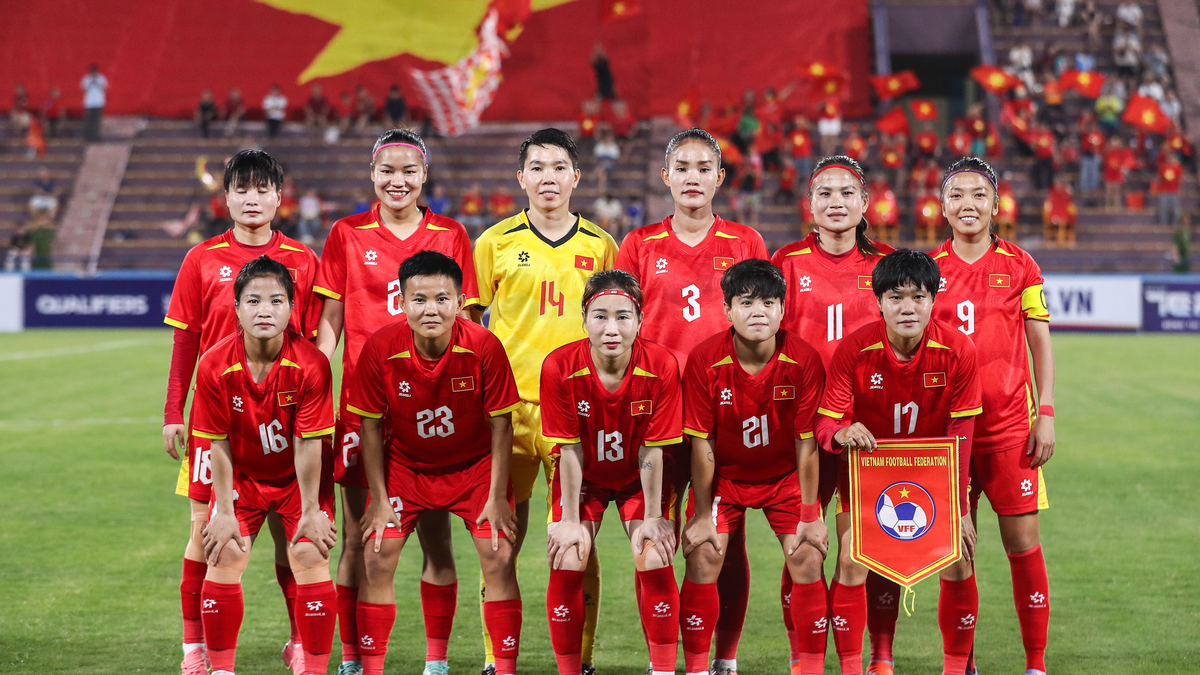

























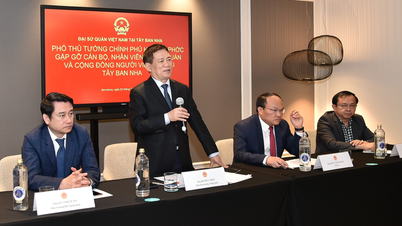







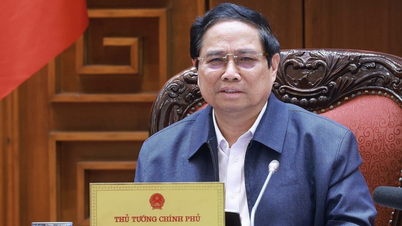




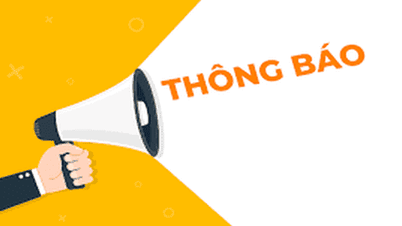



















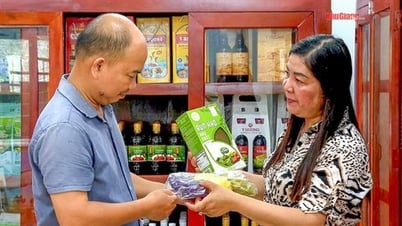









Comment (0)